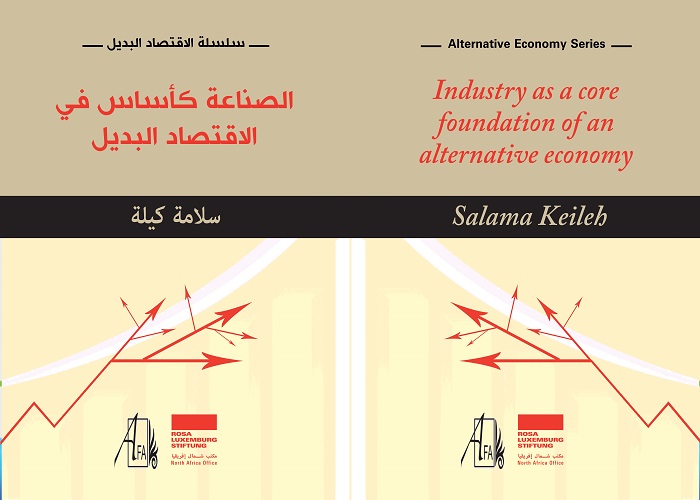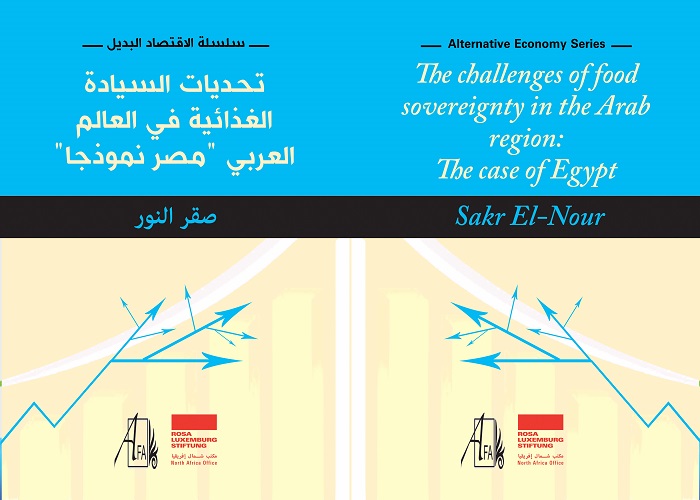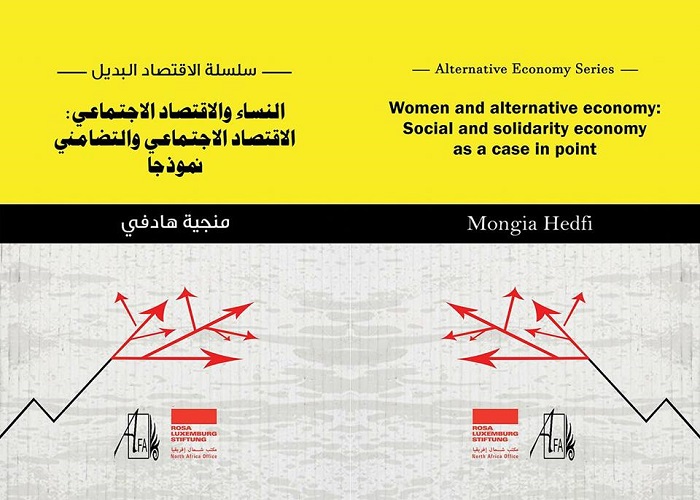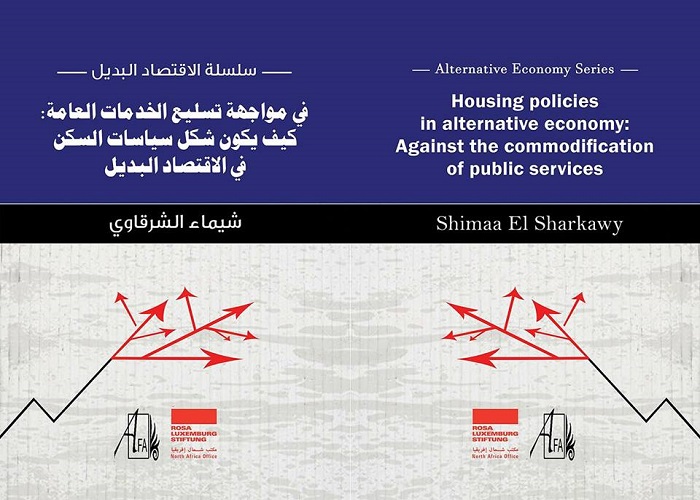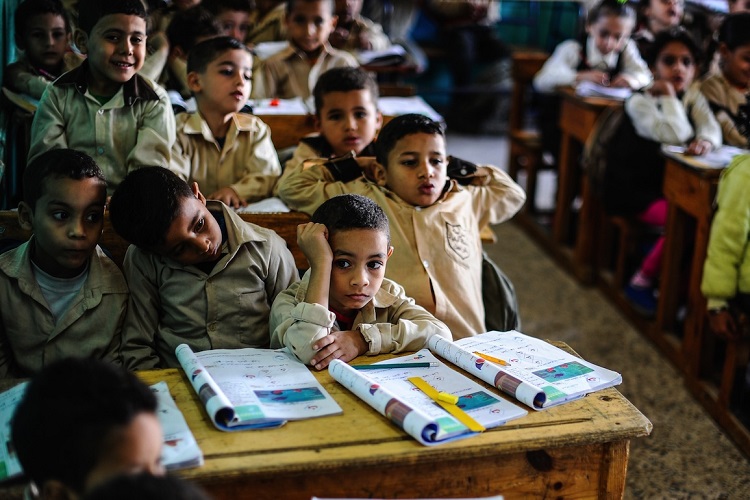Industry as a core foundation of an alternative economy
Salama Kela Introduction: It has become obvious throughout the years social justice is not possible under a capitalist system. The same applies to responding to the basic demands put forward by the Arab revolutions[1]. It is also clear that through systematic exploitation of the peripheries, capitalism contributes to making the domestic conditions of each of those countries unfit for the implementation of the principles of social justice[2]. Based on this, the concept of an economic and political alternative in the broad sense of the word was proposed[3]. Initially, the focus was on a class-oriented alternative, which meant that it is…

